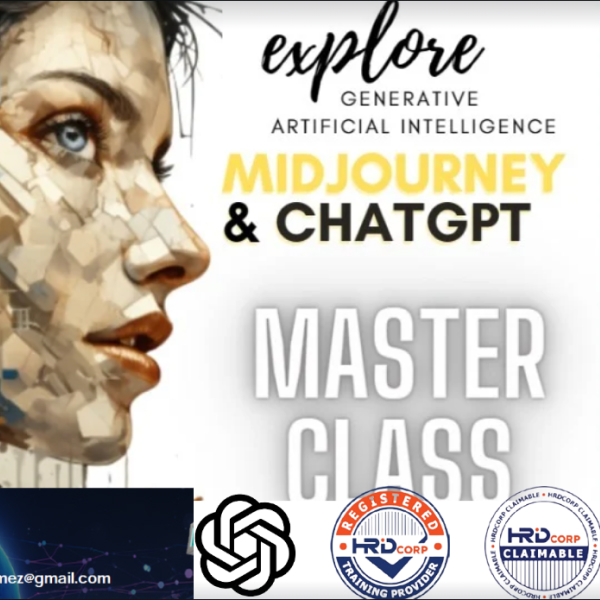LONDON, April 9 — Britain’s broadcasting regulator announced today that it is investigating an online suicide forum, which local media reports has been linked to at least 50 deaths in the country.
AI Boosts Workplace Productivity: Automating Tasks and Elevating Efficiency
From streamlining repetitive tasks to enhancing decision-making and collaboration, AI is transforming the modern workplace, enabling businesses to achieve greater efficiency and innovation.
Artificial Intelligence [AI] is significantly improving workplace productivity across various industries by automating routine tasks, enhancing decision-making processes, and optimizing workflows. Here are some key ways in which AI is driving productivity in the workplace:
AI is significantly improving workplace productivity across various industries
.png)
Automation of Repetitive Tasks
AI-powered tools are automating mundane and repetitive tasks, freeing up employees to focus on higher-value work. Tasks like data entry, scheduling, and report generation can be handled by AIsystems, reducing the time spent on administrative tasks. For instance, AI chatbots can handle customer inquiries, and AI-driven scheduling tools can automatically arrange meetings and manage calendars.
.png)
Enhanced Decision-Making
AI systems can analyze large volumes of data quickly and accurately, providing businesses with actionable insights that aid in decision-making. By using predictive analytics, AI can identify trends,forecast outcomes, and suggest optimal solutions. This allows managers and executives to make more informed decisions, leading to improved efficiency and reduced risk.
.png)
Personalized Learning and Development
AI-driven learning platforms provide employees with personalized training programs that adapt to their individual needs and progress. These platforms can assess employees' skills and recommend tailored courses, improving learning efficiency. By offering continuous learning opportunities, AI helps employees upskill faster, making them more productive in their roles.

Improved Collaboration and Communication
AI-powered tools are enhancing communication and collaboration among teams, especially in remote and hybrid work environments. AI-driven project management software can track tasks, send reminders, and predict potential bottlenecks, helping teams stay on track.Additionally, AI can facilitate real-time translation and transcription,improving communication across global teams.

Streamlining Recruitment and Onboarding
AI is transforming the recruitment process by automating resume screening, candidate shortlisting, and even initial interviews through AI-powered bots. This reduces the time HR teams spend on hiring, allowing them to focus on more strategic tasks. AI also enhance sonboarding by automating paperwork and providing new employees with personalized training modules, enabling faster integration into the workplace.
Optimizing Resource Management
AI is optimizing how resources—both human and material—are allocated in businesses. By analyzing data from past projects, AIcan predict how much time and which resources will be needed for upcoming tasks. This leads to more efficient use of time and materials, reducing waste and improving overall productivity.
Employee Well-Being and Work-Life Balance
AI-driven wellness programs can help monitor employee well-being by tracking productivity patterns, identifying burnout risks, and suggesting breaks or wellness activities. By promoting a healthier work-life balance, AI contributes to a more productive and engaged workforce.
In summary, AI is boosting workplace productivity by automating tasks, enhancing decision-making, and fostering amore collaborative and efficient working environment. As AI technology continues to evolve, its impact on productivity will only grow, helping businesses achieve higher levels of efficiency and innovation.







